Bangladesh, nestled in the heart of the Indian subcontinent, is blessed with diverse flora and fauna. Among its natural treasures, the country boasts a rich collection of medicinal plants, which have been used for centuries to treat various ailments. This abundance of herbal resources creates immense opportunities for entrepreneurs and the pharmaceutical industry to explore the potential business avenues offered by these common medicinal plants in Bangladesh. 1. Neem (Azadirachta indica): Neem, also known as the “village pharmacy,” is one of the most versatile medicinal plants. It possesses excellent antimicrobial, antiviral, and anti-inflammatory properties.
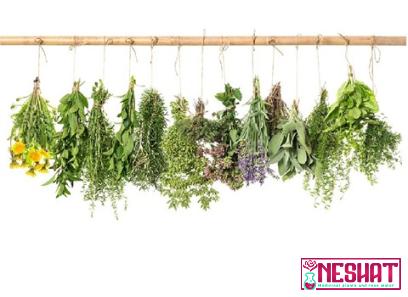
.
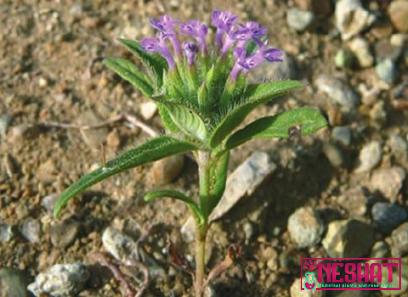 The bark, leaves, and seeds of the neem tree are used to treat skin disorders, dental issues, and digestive problems. The neem-based products, such as neem oil and neem-based soaps and creams, are gaining popularity in both domestic and international markets. 2. Aloe Vera (Aloe barbadensis): Aloe Vera, known as “the plant of immortality,” is widely cultivated in Bangladesh. Its gel-like substance is renowned for its medicinal properties. Aloe Vera is used for treating sunburns, cuts, wounds, and various skin conditions, thanks to its healing and soothing properties. Additionally, it is a key ingredient in cosmetics, such as moisturizers, shampoos, and skincare products.
The bark, leaves, and seeds of the neem tree are used to treat skin disorders, dental issues, and digestive problems. The neem-based products, such as neem oil and neem-based soaps and creams, are gaining popularity in both domestic and international markets. 2. Aloe Vera (Aloe barbadensis): Aloe Vera, known as “the plant of immortality,” is widely cultivated in Bangladesh. Its gel-like substance is renowned for its medicinal properties. Aloe Vera is used for treating sunburns, cuts, wounds, and various skin conditions, thanks to its healing and soothing properties. Additionally, it is a key ingredient in cosmetics, such as moisturizers, shampoos, and skincare products.
..
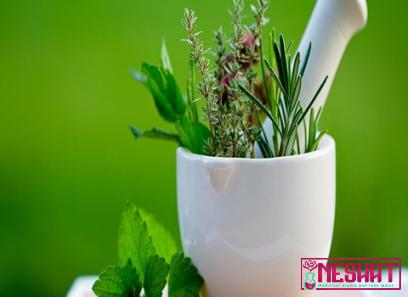 3. Turmeric (Curcuma longa): Turmeric, the golden spice, is a staple in Bangladeshi cuisine and traditional medicine. It contains curcumin, a powerful antioxidant and anti-inflammatory compound. Turmeric has a wide range of therapeutic applications, including treating arthritis, indigestion, and boosting immunity. The demand for turmeric-based products, such as turmeric powder, supplements, and herbal teas, is growing both domestically and globally. 4. Holy Basil (Ocimum sanctum): Holy Basil, commonly known as Tulsi, holds great religious and medicinal significance in Bangladesh. Its leaves possess strong antimicrobial properties and are used to treat respiratory illnesses, coughs, and colds. Holy Basil-based herbal teas and supplements are increasingly gaining popularity due to their health benefits, contributing to the growth of the herbal product industry.
3. Turmeric (Curcuma longa): Turmeric, the golden spice, is a staple in Bangladeshi cuisine and traditional medicine. It contains curcumin, a powerful antioxidant and anti-inflammatory compound. Turmeric has a wide range of therapeutic applications, including treating arthritis, indigestion, and boosting immunity. The demand for turmeric-based products, such as turmeric powder, supplements, and herbal teas, is growing both domestically and globally. 4. Holy Basil (Ocimum sanctum): Holy Basil, commonly known as Tulsi, holds great religious and medicinal significance in Bangladesh. Its leaves possess strong antimicrobial properties and are used to treat respiratory illnesses, coughs, and colds. Holy Basil-based herbal teas and supplements are increasingly gaining popularity due to their health benefits, contributing to the growth of the herbal product industry.
…
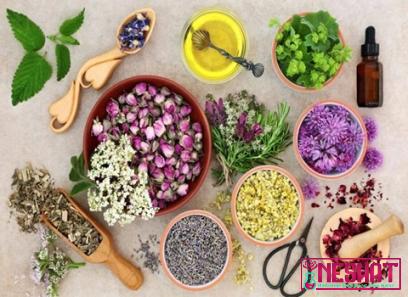 5. Brahmi (Bacopa monnieri): Brahmi, a herb known for enhancing brain function, is widely used in traditional Bangladeshi medicine. It improves memory, reduces stress, and promotes mental clarity. The demand for Brahmi-based supplements and capsules is on the rise, making it a potentially lucrative business opportunity for entrepreneurs and pharmaceutical companies. Conclusion: The common medicinal plants in Bangladesh offer a wealth of opportunities for businesses and entrepreneurs seeking to venture into the herbal product industry. With their diverse medicinal properties and increasing global demand for natural remedies, products derived from these plants have lucrative potential. Entrepreneurs can consider investing in cultivation, processing, or marketing of these botanical treasures to cater to both domestic and international consumers. Furthermore, it is essential to promote sustainable practices and ensure responsible harvesting to maintain the ecological balance while harnessing the benefits of these medicinal plants. The cultivation of these plants can also contribute to rural development, as it provides income generation opportunities for farmers and promotes sustainable agriculture. Overall, the common medicinal plants in Bangladesh present an enticing prospect for businesses, while also offering a path to the conservation and cultivation of these invaluable natural resources.
5. Brahmi (Bacopa monnieri): Brahmi, a herb known for enhancing brain function, is widely used in traditional Bangladeshi medicine. It improves memory, reduces stress, and promotes mental clarity. The demand for Brahmi-based supplements and capsules is on the rise, making it a potentially lucrative business opportunity for entrepreneurs and pharmaceutical companies. Conclusion: The common medicinal plants in Bangladesh offer a wealth of opportunities for businesses and entrepreneurs seeking to venture into the herbal product industry. With their diverse medicinal properties and increasing global demand for natural remedies, products derived from these plants have lucrative potential. Entrepreneurs can consider investing in cultivation, processing, or marketing of these botanical treasures to cater to both domestic and international consumers. Furthermore, it is essential to promote sustainable practices and ensure responsible harvesting to maintain the ecological balance while harnessing the benefits of these medicinal plants. The cultivation of these plants can also contribute to rural development, as it provides income generation opportunities for farmers and promotes sustainable agriculture. Overall, the common medicinal plants in Bangladesh present an enticing prospect for businesses, while also offering a path to the conservation and cultivation of these invaluable natural resources.
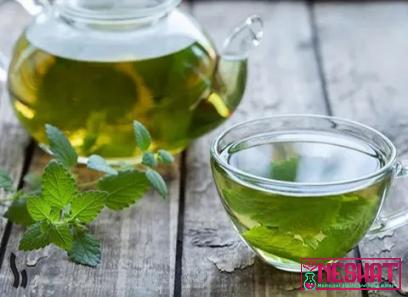
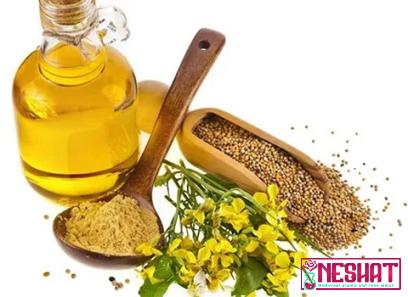
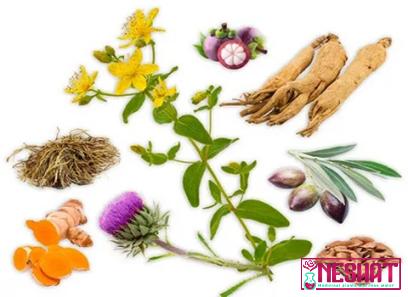
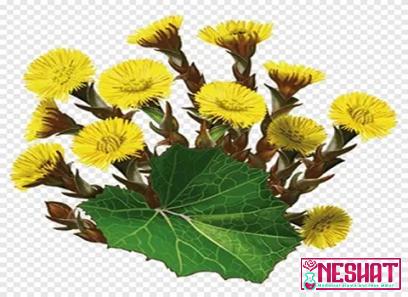
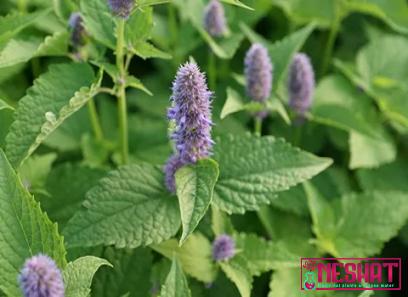
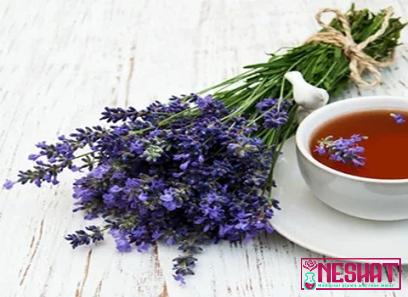
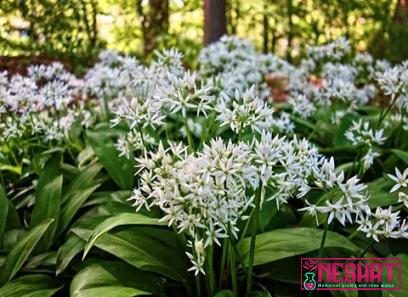
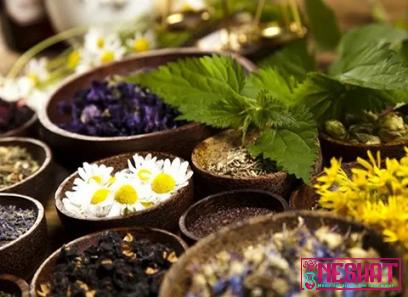
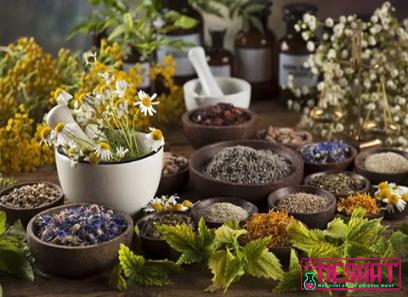
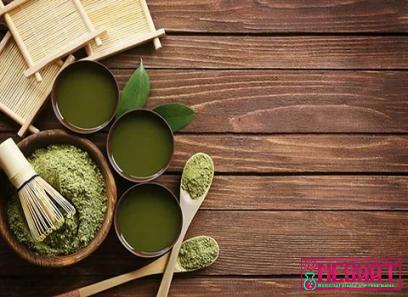
Your comment submitted.